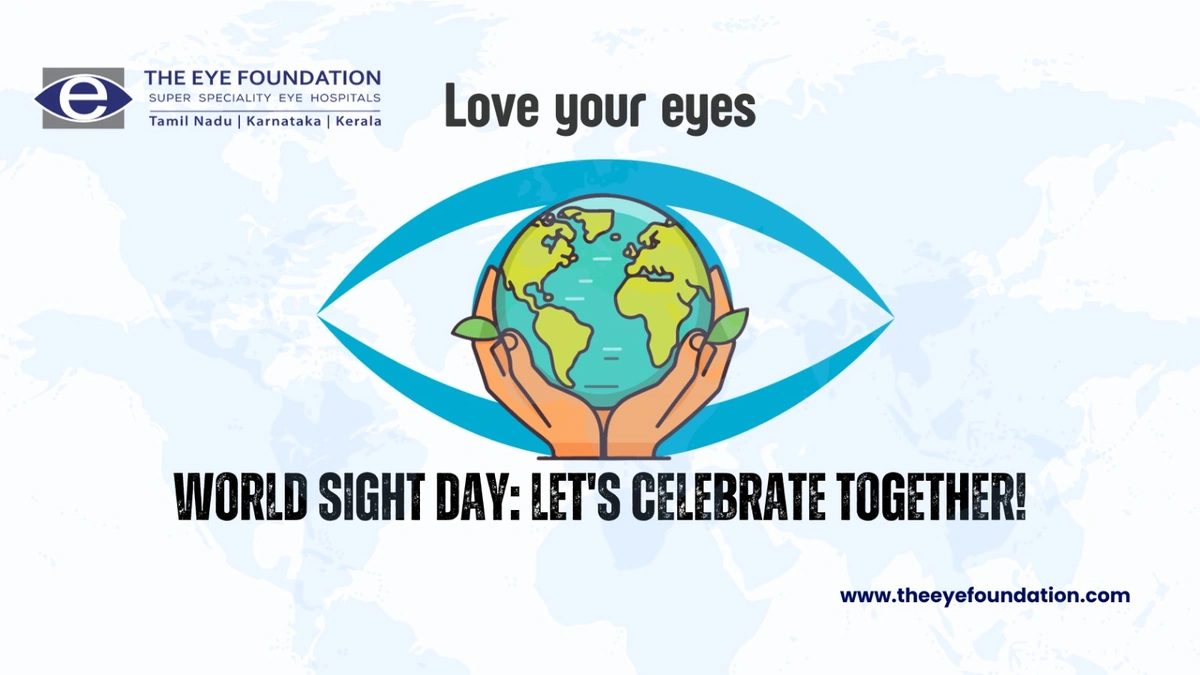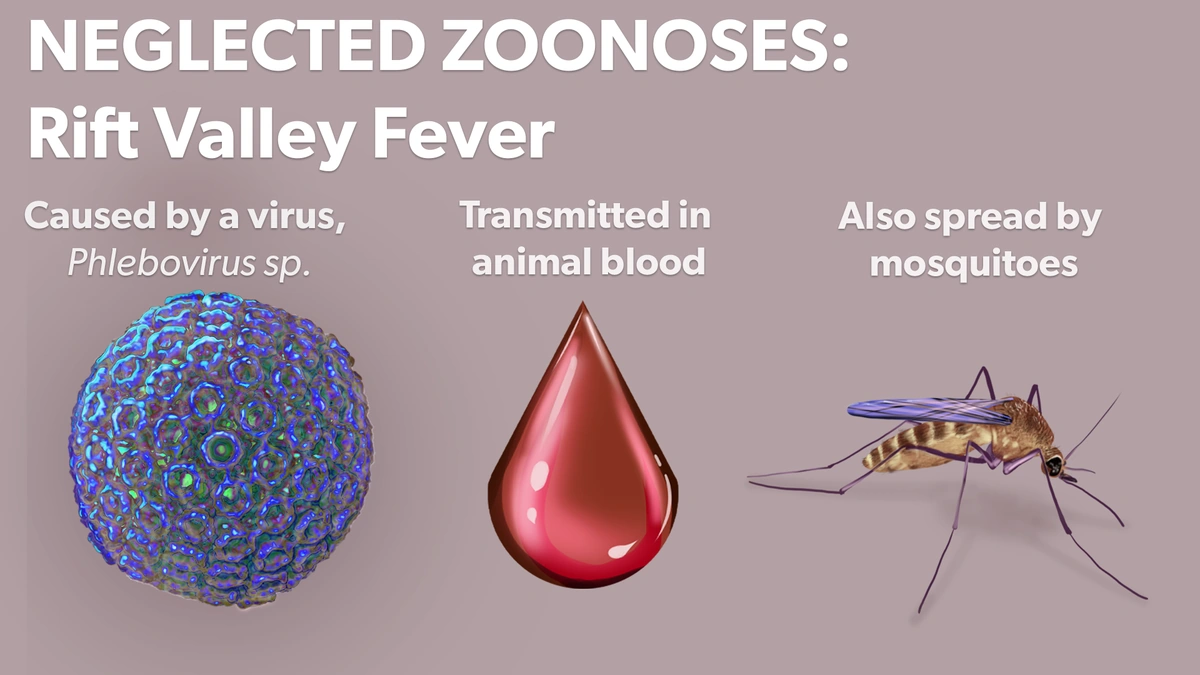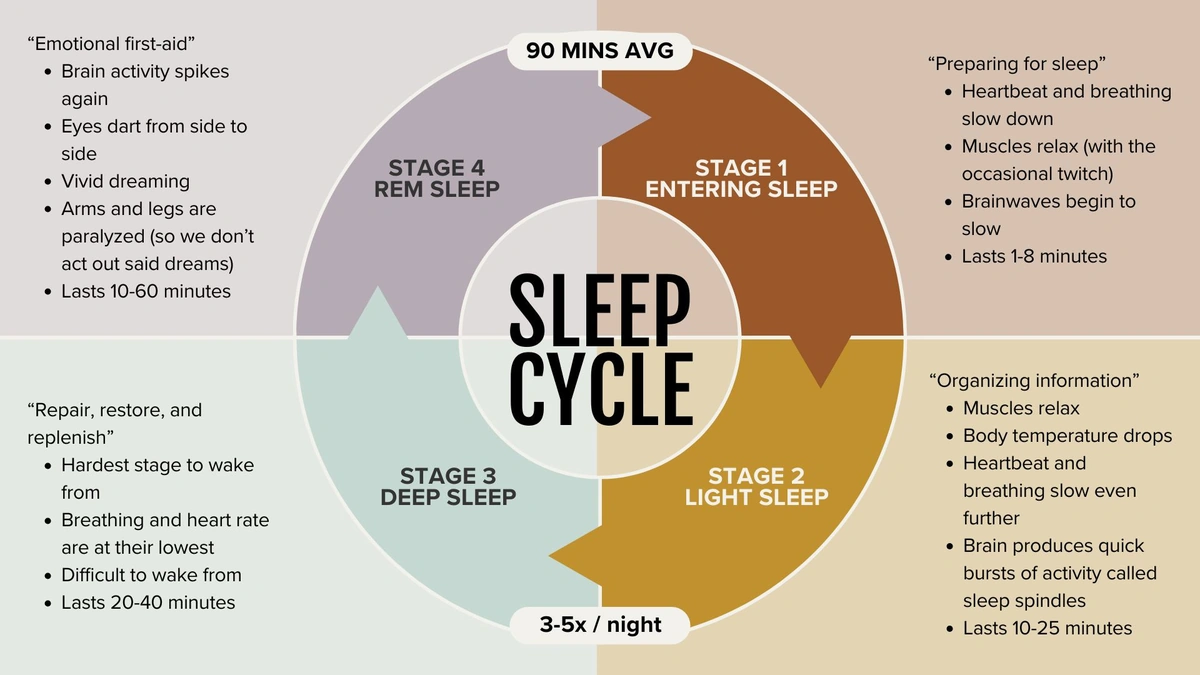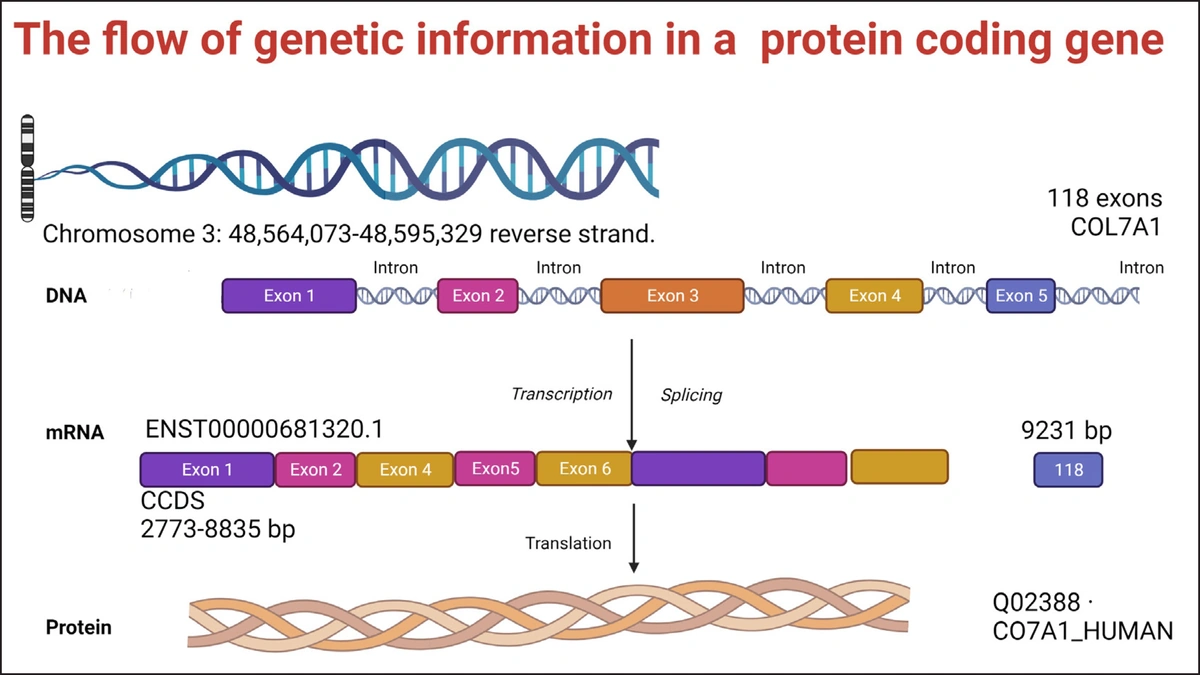Bangalore Hospital’s World Sight Day Walkathon Promotes Eye Health
World Sight Day – it’s not just another day on the calendar. It’s a global call to action, a reminder to cherish and protect one of our most precious senses: sight. And in Bangalore, a city known for its vibrant spirit and community engagement, a recent walkathon organized by a leading hospital amplified this message, quite literally, one step at a time. What fascinates me is how a simple walk can raise so much awareness, and more importantly, spark real change in how we perceive and prioritize eye care .
Why This Walkathon Matters | More Than Just a Stroll
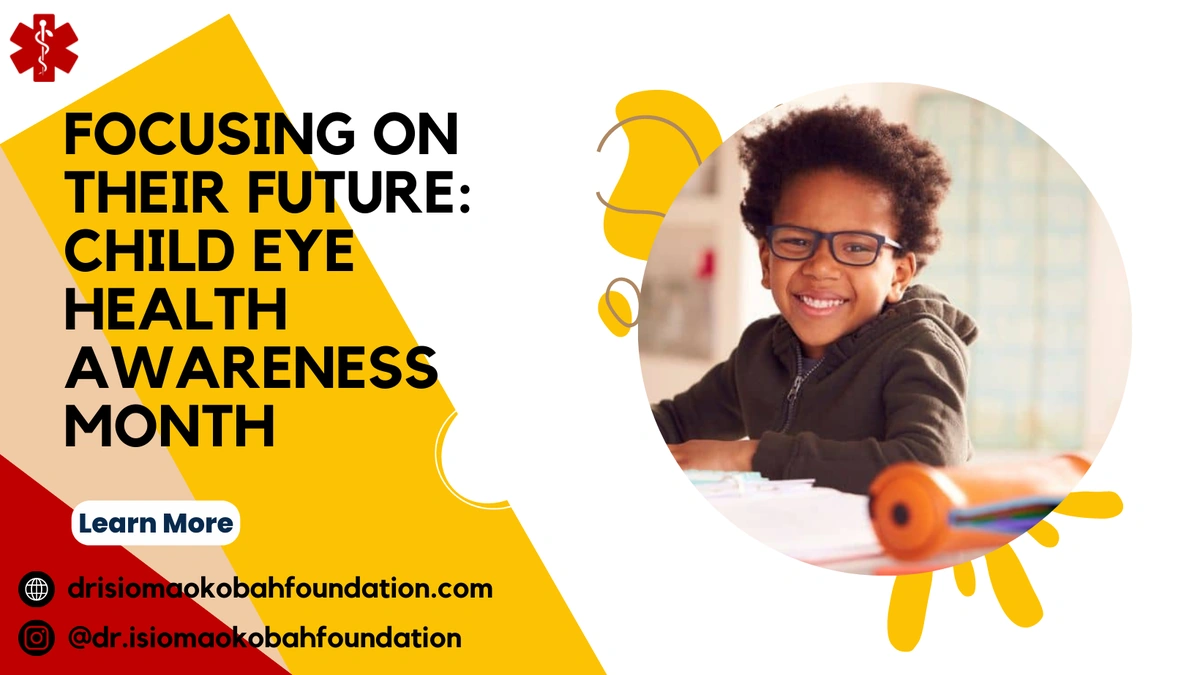
So, why should we care about a walkathon? Here’s the thing: it’s not just about exercise. It’s a powerful way to bring attention to a critical health issue. In India, where preventable blindness remains a significant challenge, such initiatives play a crucial role. Think about it – how often do we truly think about our eye health until there’s a problem?
This walkathon, organized by a prominent Bangalore hospital, served as a platform to educate the public about common eye conditions, the importance of early detection, and the simple steps we can take to maintain good vision. According to the World Health Organization (WHO) , a staggering number of people worldwide suffer from vision impairment that could have been prevented with timely intervention. The walkathon wasn’t just a physical activity; it was a mobile awareness campaign, reaching people from all walks of life.
The “How-To” of Protecting Your Vision | Simple Steps for a Lifetime of Sight
Okay, so awareness is raised – great! But what can you actually do, sitting there reading this? Well, quite a lot, actually. Let’s break down some simple yet effective steps you can incorporate into your daily routine to safeguard your vision health .
1. Regular Eye Exams: This isn’t just for those who wear glasses. Even if you think your vision is perfect, regular check-ups can detect early signs of conditions like glaucoma or macular degeneration. I can’t stress this enough: early detection is key. Don’t wait until you experience noticeable vision problems. Find a trusted ophthalmologist and schedule regular appointments.
2. A Diet for Your Eyes: What you eat impacts your whole body, including your eyes. Load up on leafy greens like spinach and kale, and orange and yellow vegetables like carrots and sweet potatoes. These are rich in vitamins and antioxidants that are crucial for eye health. And don’t forget those omega-3 fatty acids – found in fish like salmon and tuna – which can help prevent dry eye.
3. The 20-20-20 Rule: In today’s digital age, we spend countless hours staring at screens. This can lead to eye strain and fatigue. The 20-20-20 rule is simple: every 20 minutes, take a 20-second break and focus on something 20 feet away. Trust me, your eyes will thank you for it. A common mistake I see people make is ignoring this simple rule, leading to unnecessary discomfort and potential long-term problems.
4. Shield Your Eyes from the Sun: Just like your skin, your eyes need protection from the sun’s harmful UV rays. Wear sunglasses that block 100% of both UVA and UVB rays. This will help prevent cataracts and other eye damage. Here’s a link to another article you may find interesting.
5. Know Your Family History: Eye conditions can be hereditary. If you have a family history of glaucoma, macular degeneration, or other eye diseases, be sure to inform your doctor. This will allow them to monitor your eyes more closely and detect any problems early on.
The Emotional Connection | Seeing the World Through Healthy Eyes
Beyond the facts and figures, there’s an emotional aspect to eye health awareness that often gets overlooked. Think about the joy of seeing a child’s face light up, the beauty of a sunset, or the ability to read a captivating book. Our vision enriches our lives in countless ways.
Losing that ability, even partially, can have a profound impact on our emotional well-being. That moment of panic when you realize your vision is blurring, or the frustration of not being able to read clearly – we’ve all been there, or know someone who has. That’s why initiatives like the Bangalore hospital’s walkathon are so important. They remind us to cherish our sight and take proactive steps to protect it. The one thing you absolutely must double-check is that you prioritize your health.
Why Early Detection is a Game Changer
Let’s be honest, most of us only think about our eyesight when something goes wrong. But what if we could change that? What if we made routine eye checkups as common as visiting the dentist? Early detection is a game-changer when it comes to preserving vision. Conditions like glaucoma, for instance, often have no noticeable symptoms in their early stages. But with regular eye exams, they can be detected and treated before they cause irreversible damage.
I initially thought this was straightforward, but then I realized how many people delay or skip eye exams due to cost concerns or lack of awareness. This is where government initiatives and community programs can play a vital role in making eye care more accessible and affordable for all. Find out more.
World Sight Day and Beyond | A Continuous Journey
World Sight Day serves as an annual reminder, but the journey towards better eye health awareness is a continuous one. It requires a collective effort from healthcare professionals, policymakers, and individuals. We need to create a culture where prioritizing eye health is the norm, not the exception.
So, the next time you’re out for a walk, take a moment to appreciate the world around you – the vibrant colors, the intricate details, the sheer beauty of it all. And remember, protecting your vision is an investment in your future, an investment in a lifetime of seeing the world in all its glory.
FAQ About Eye Health Awareness
What are the most common eye problems in India?
Common problems include cataracts, refractive errors (like nearsightedness and farsightedness), glaucoma, and diabetic retinopathy.
How often should I get my eyes checked?
It’s generally recommended to get a comprehensive eye exam every one to two years, depending on your age, risk factors, and overall health.
What are some foods that are good for eye health?
Leafy greens, orange and yellow vegetables, and fish rich in omega-3 fatty acids are all beneficial for eye health.
Can screen time damage my eyes?
Excessive screen time can cause eye strain and fatigue. Follow the 20-20-20 rule to help alleviate these symptoms.
What are the early signs of glaucoma?
Glaucoma often has no early symptoms. Regular eye exams are crucial for early detection.
How can I protect my eyes from the sun?
Wear sunglasses that block 100% of both UVA and UVB rays.
